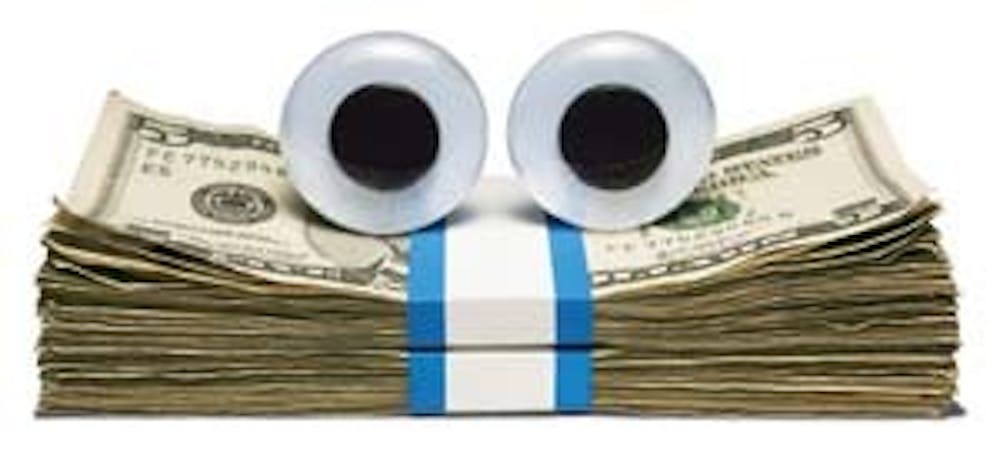It's a nice feeling when you trump a few media outlets on a story, isn't it? Earlier this year, we reported on how much of a bust Youtube is turning out to be, from a financial standpoint, and now both the Independent and Gawker have reported on the same matter (though the $470 million loss we originaly reported has been toned down to $380 at most). This story has resurfaced around the same time as the record industry settled a long-standing feud with Internet radio and Google's announcement of its jump into the operating systems market. What a wild time for all of the webaholics, no?
The feverish proponents of the web's current lackadaisical stance toward copyright protection and apathetic attitude toward things such a money continue to scoff at claims that the current model is broken, it's a seesaw that tilts perpetually toward the consumer. At first, the philosophy behind downloading materials online was to protest the unfairness of the corporate model, to lash out against the soulless corporations whose products just weren't good enough for us to pay the full price for. Now that the potential revenues that could have been made if downloading hadn't been as rampant are beginning to pile up, these same folks argue that it's too late, the web is the way it is, changing it would destroy its entire purpose.
Aren't we supposed to be in an information-based economy, anyways? Aren't physical products and the sales thereof supposed to be obsolete, with newspapers tossed aside and propped up online and albums replaced by iTunes? I'm going to call shennanigans on the whole thing. The information economy, as wonderful as it sounds, as sleek, shiny and futuristic as it may appear, is going to topple. There's simply nothing to support the continuation of the "pay for nothing" model. If Youtube, one of the most popular entities on the Internet, can't come close to breaking even, what hope is there in advertising for the rest of us? Google has posted two straight quarterly sales losses. 90 percent of its revenue last year came from advertising, and the new Chrome OS is intended to solidify that advertising base.
But how does it do that? It's going to be a huge hit for corporate use, since it'll eliminate the need to pay for Windows OS as Chrome comes free, and since Chrome creates a dependency on Google, folks will be clicking on ads left and right. At least, that's how the logic goes. But if it's going to be mostly utilized by the corporate sector, who is going to click on those random ads next to the search results while on the job? Does anyone who has used the Internet for more than a month even click on them? Given that most of the applications Google has, whether it be Gmail, Google Docs, their RSS feed, etc can be gone through without even seeing a single piece of advertising, how will the cost of sending out a free OS be recouped...is the advertising that no one will see or care about going to really fill Google's coffers?
There's a reason no one talks about Facebook's worth these days, why no one has bought it up with the same zeal that Rupert Murdoch grabbed Myspace (to decent success admittedly, with revenue in 2008 hitting upwards of $550 million and profits around $10 million). Where's the money? What is it that Facebook offers people to make money off of? It's a solid enough advertising tool, plenty of companies use it promote things, but much of that isn't used by paying Facebook for those irritating ads on the sidebar. They create profiles, fanpages and the like, all of which cost nothing. It's the same with Youtube, why pay for swaths of advertising when you can just hassle blogs to link to the Youtube clip itself?
Don't get me wrong, I adore the Internet and it's loose inner workings. But it just isn't going to work. Companies, whether you like it or not, have to make money. When there's a tangible product at hand, whether it be software, music or movies, what have you, they have every right to charge money for it and to aim at the people provide the means to plunder it (whether or not this is a good move from a PR standpoint is another matter entirely). If a guy shows up at a garage sale and pays for a few CDs and then hijacks your car, shouldn't you be at least a bit miffed? Oh sure, perhaps leaving your car unlocked persuaded him to buy the CDs in the first place, but what's the cost of such a move?
As for the contentious matter of what to do with treating news stories under copyright law (and the viewpoints of the loonies in the print industry), that'll be written about shortly.


